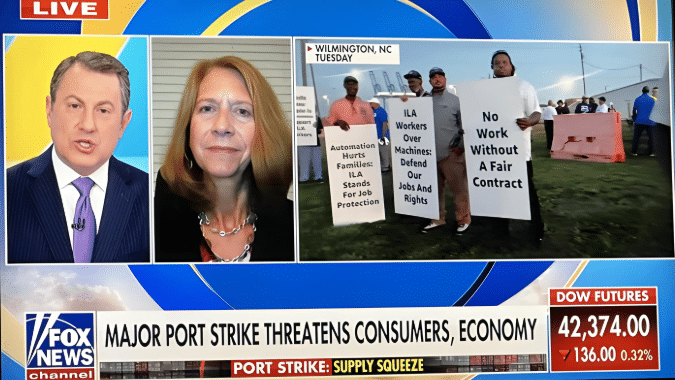On Thursday, the Legislature passed a bill that will create and regulate a legal marijuana marketplace.
Unfortunately for employers, it was voted through with weakened protections to maintain a drug-free workplace.
The New Jersey Cannabis Regulatory, Enforcement Assistance and Marketplace Modernization Act now goes to Gov. Phil Murphy’s desk, with the use of certified experts to make decisions if an employee is suspected of being under the influence, rather than drug-testing.
“NJBIA has long maintained that workplace safety, through the establishment of drug-free workplaces, is absolutely essential for certain safety sensitive occupations,” NJBIA Vice President of Government Affairs Ray Cantor said. “This bill now falls short on those critical merits by relying on certified experts whose training are not based on scientific standards.”
Cantor added that maintaining stringent standards for workplace safety is paramount in certain safety-sensitive occupations, particularly in industries that incorporate operations of heavy machinery, commercial driving or construction.
Cantor’s concerns about workplace safety standards were echoed by lawmakers on both sides of the aisle throughout the legislative process.
Earlier this week, Sen. Paul Sarlo (D-36), who as an ally of the business community on this matter, labeled the workplace safety language as confusing, saying “We can fix unintended consequences, but I don’t want that unintended consequence to be someone losing a job or getting killed or losing a family business because of liability issue.”
After the bill’s passage from both houses on Thursday, Sen. Mike Testa (R-1) asked: “How can a transportation company deal with an employee who tests positive for smoking legal marijuana and placing the public at risk? Rather than addressing these very real concerns in legislation, Trenton Democrats turned their backs on employers who will inescapably end up in court, voted ‘yes,’ and lit the fuse.”
Senate President Steve Sweeney said workplace issues can be addressed in the future legislation.
